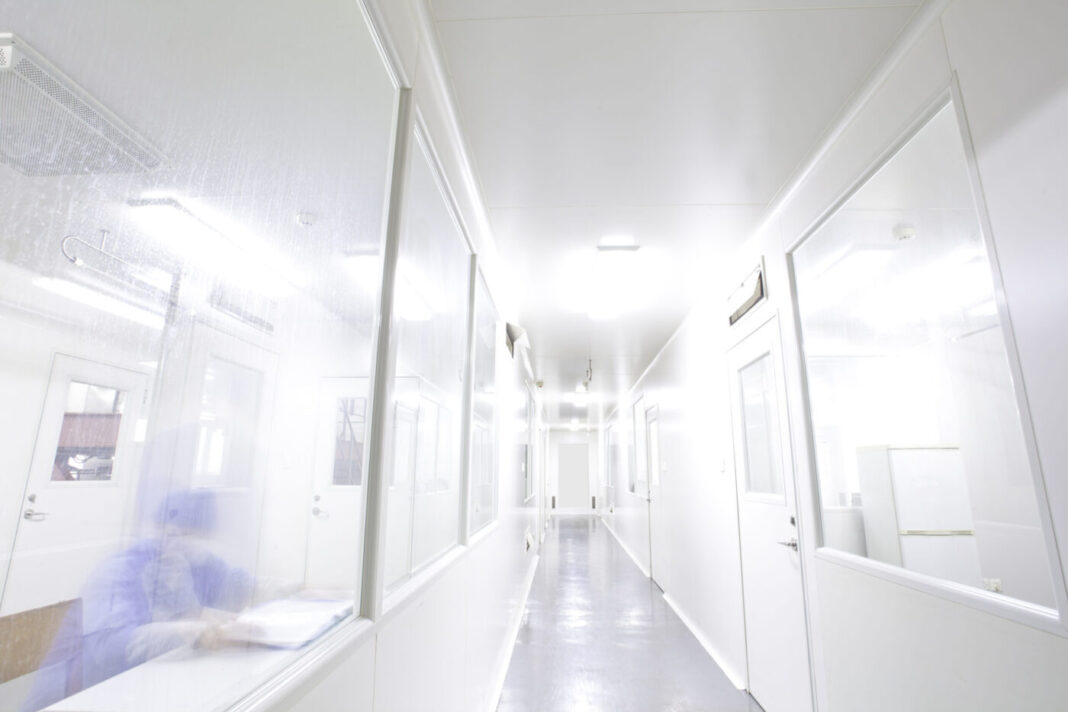Azzur Cleanrooms on Demand™ (COD), an Azzur Group company, opened in May in San Diego, as part of the company’s program to offer serviced cleanroom facilities to biotech clusters across the U.S.
“Our immediate plan is to cover hotbeds in the United States, such as Philadelphia, Raleigh, and the growing biotech community in Texas,” explains Ravi Samavedam, president and COO of Azzur Cleanrooms on Demand.
Azzur Group hopes their cleanroom model will revolutionize early-stage clinical manufacturing by giving biotech companies a middle ground between hiring a contract developer and manufacturer (CDMO) and building their own facilities.
“There’s a big capacity imbalance between CDMO capacity and the number of molecules moving from preclinical to clinical,” explains Samavedam. He says COD could transform the industry by saving biotech companies time waiting for a CDMO slot.
The company, which was traditionally a consulting firm, developed the COD idea after enabling cGMP manufacturing, including cleanroom facilities to several high-rise buildings near Cambridge, MA. According to Samavedam, they soon realized the buildings weren’t ideal for cGMP operations, and adding the infrastructure was expensive and inefficient.
“That’s when we realized, if we had a facility, we could ‘lease it out’ to our clients, and it would be faster for them and more cGMP compliant,” he says.
Azzur specializes in helping biotech companies who plan to move from preclinical to clinical manufacturing. According to Samavedam, they offer serviced cleanroom spaces suitable for traditional biologics, but also some advanced therapeutics, such as gene and cell therapies.
The rooms are suitable for closed processes, which keep the risk profile low for the facilities housing them.
“Their unique offering is that each cleanroom provides additional services, such as immediate storage, training, or testing, as well as ‘wrap-around’ GMP consulting services that allow clients to eventually scale up and out,” says Samavedam. And, unlike a traditional CDMO arrangement, clients can choose which services to purchase, he adds.
“The biggest difference from a CDMO is that we’re a bridge facility,” he says. “We enable clients to make their own batches and give them the tools to learn how to do things themselves.”






